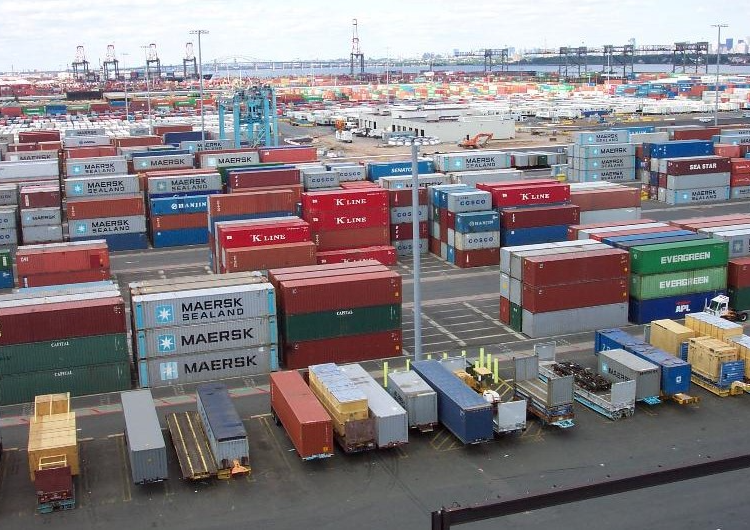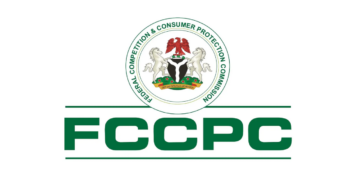As part of efforts to ensure ports efficiency and competitiveness, the Ministers of Marine and Blue Economy, Adegboyega Oyetola, Transportation, Senator Ahmed Alkali and the Comptroller General of Customs, Bashir Adeniyi, on Monday, agreed that physical inspection of cargoes at the ports must be phased out.
They reasoned that the use of modern technologies like scanners was important to addressing the issue of ports congestion, so as to ensure efficiency and competitiveness.
To this end, the CG of Customs has been charged to enforce the use of scanners at the ports, just as they encouraged private investors to come in and invest in the deployment and maintenance of scanners at the nation’s ports.
In a statement jointly signed by the spokesperson to the minister of Marine and Blue Economy, Ismail Omipidan and the Customs spokesman, Abdullahi Maiwada, resolved to ensure a new construction that will bypass the fixed scanner at Apapa, so as to ensure the unhindered progression of scanning process during crucial infrastructure development.
It was gathered that the meeting which was held at the ministry of Marine and Blue Economy, had the Managing Director of Nigerian Railway Corporation (NRC), Fidet Okhiria, attending virtually.
They further advocated Public-Private Partnerships to oversee the installation and maintenance of scanning technology. This collaborative model aimed to sustain efficiency and foster innovation in cargo inspection processes.
The statement read, “Immediate action was endorsed to rectify and optimize all existing scanners at prominent ports such as Apapa, Tincan Island, Onne, and PTML. Simultaneously, the existing mobile scanners will be strategically deployed to facilitate expeditious cargo inspections.
“The Nigerian Railway Corporation (NRC) pledged continued commitment to freight cargoes to Inland container depots/dry ports, a strategic move to alleviate congestion at major ports. Plans were unveiled for the efficient evacuation of containers from Port Harcourt to Aba, with future extensions envisaged for Onne Port.
“Against the backdrop of rail track construction, the NRC concurred on a pragmatic approach by agreeing to bypass the fixed scanner at Apapa. This ensures the unhindered progression of the scanning process during crucial infrastructure development.
“The meeting advocated for exploring Public-Private Partnerships to oversee the installation and maintenance of scanning technology. This collaborative model aims to sustain efficiency and foster innovation in cargo inspection processes.”
“The collaborative synergy witnessed in this meeting underscores the unwavering commitment of the Nigerian government to cultivate a conducive and efficient trade environment. The anticipated implementation of these resolutions is poised to positively impact port decongestion, trade facilitation, and overall operational efficiency and competitiveness.”





